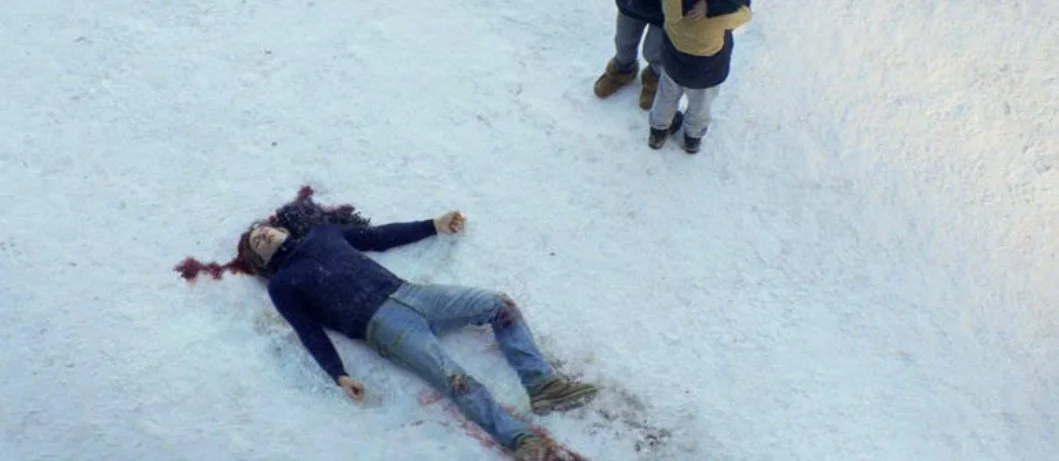It happens, but rarely — the best film in Cannes competition actually won the Palme d’Or. Justine Triet’s masterful “Anatomy of a Fall,” a Hitchcockian drama, won the big prize at Cannes. This is NEON’s fourth straight Palme d’Or.
In my 05.21.23 review of the film, I called it an “automatic Palme d’Or contender.” Sandra Hüller plays Sandra, a German-born, France-based novelist who gets accused of killing her husband. Coincidences and clues start to pile up, but there’s still an uncertainty that invades this film.
At its best, this is a film about the unknowable, the frustrating aspects of life’s unanswered questions. Triet tackles the intimate stories that we tell, the truths, and falsehoods, that slip through the cracks. The ambiguity here is damn-near perverse.
Jonathan Glazer’s “The Zone of Interest,” a critically-acclaimed minimalist holocaust drama, won the Grand Jury Prize (second place).
When asked why ‘Zone of Interest’ didn't win the Palme, as many critics had predicted, jury president Ruben Ostlund replied, "We don't listen to critics when we're on the jury." "The end," added Brie Larson.
The prize for Best Director went to Tran Anh Hung for his beautifully realized “The Pot-a-Feu,” a foodie movie through and through that features a vivid love story between Juliette Binoche and Benoit Magimel. It was one of the best films to play in this year’s competition.
The Jury Prize (third place) was attributed to Aki Kaurismaki’s “Fallen Leaves,” a wonderful love story told via the Finnish filmmaker’s usual deadpan style. It was never a Palme contender in my books, too slight in nature, but surely deserved to be honored.
A surprise win occurred when Merve Dizdar took home the Best Actress prize for her role in Nuri Bilge Ceylan’s “About Dry Grasses.” It’s fearless work from Dizdar and well-merited, but it came out of left field as most people thought Sandra Hüller would win — the jury opted to reward Hüller‘a two films instead.
Japanese performer Koji Yakusho won the Best Actor prize for his wonderful performance as a solemn toilet cleaner in Wim Wenders’ “Perfect Days.” He’s in every frame of Wenders’ small but likeable film, and he’s the reason why we keep our attention glued to this plotless film.
Yûji Sakamoto won the Best Screenplay award for his work on Hirokazu Kore-eda’s “Monster.” The film is a Rashomon-style narrative that constantly shapeshifts its perspectives without giving us any easy answers.






